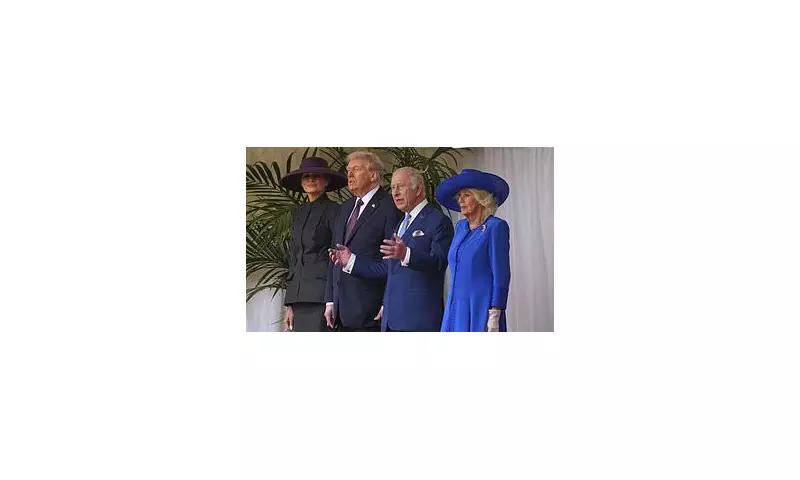
For decades, the 'Special Relationship' between the United States and the United Kingdom has been a cornerstone of transatlantic diplomacy. But behind the pomp and ceremony of state visits lies a history of diplomatic faux pas, political snubs, and public protests that have repeatedly tested this famed alliance.
A History of Diplomatic Tensions
The recent article highlighting contentious moments during American presidential visits to Britain reveals a pattern of incidents that have strained diplomatic ties. While the relationship between the two nations remains crucial on the world stage, these visits have often exposed underlying tensions and differences in approach.
Memorable Controversies
Among the most notable incidents was President Barack Obama's decision to remove a bust of Winston Churchill from the Oval Office, which was interpreted by some as a symbolic snub to Britain. This move generated significant discussion about the changing nature of the Anglo-American partnership.
More recently, Donald Trump's visits were marked by unprecedented public demonstrations, with massive protests taking to the streets of London. His criticism of then-Prime Minister Theresa May's handling of Brexit negotiations further complicated the diplomatic landscape.
Protocol Breaches and Political Missteps
The article details numerous instances where presidential behaviour breached royal protocol or crossed political boundaries. These moments have often overshadowed the intended purpose of the visits, shifting media attention from policy discussions to diplomatic controversies.
The Enduring Partnership
Despite these periodic strains, the fundamental alliance between the US and UK has proven resilient. Both nations continue to collaborate closely on security, intelligence, and economic matters, demonstrating that the relationship transcends individual personalities or temporary disputes.
As new administrations take office on both sides of the Atlantic, the dynamics of the Special Relationship continue to evolve, reflecting changing global priorities and leadership styles.






